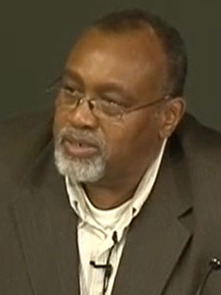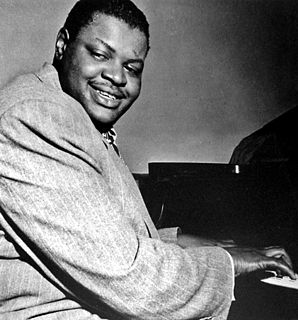A Quote by Rachel Dolezal
In order to really move toward what people really think of as some sort of Utopian post-racial society or somehow to really challenge the racial hierarchy, we're going to have to allow some fluidity.
Related Quotes
Racial problems can't be easily reconciled with a pat account about racism and discrimination that lets us sort of relax into saying when we finally get this right, when we get rid of racism, when we reach the post-racial society, everything is going to be okay. Well, no, because along the way here, as we've not yet been in this racial nirvana, facts on the ground have been created.
The patterns that are normalized in the family - the whole idea that some people cook and some people eat, that some listen and others talk, and even that some people control others in very economic or even violent ways - that kind of hierarchy is what makes us vulnerable to believing in class hierarchy, to believing in racial hierarchy, and so on.
We are not post-racial. And in many ways we don't even know how to have a conversation about being post-racial. Until we get out of that old-school way of thinking about race and opportunity and the ability to transcend some of the past of this country, then we're going to be stuck in the 20th-century conversation about race.
All politicians are going to mask to some degree in order to present themselves in away they think will get them votes. What's different in Obama's case is that he's wearing a racial mask, this 'bargainer's' mask, and I think very effectively, whereby he gives whites the benefit of the doubt. He's essentially saying, 'I am going to presume you are not racist, if you won't hold my race against me.' So, his mask is a distinctly racial one.
There's a certain level of vehemence, it seems to me, that's directed at me [and] directed at the president. You know, people talking about taking their country back. There's a certain racial component to this for some people. I don't think this is the thing that is a main driver, but for some there's a racial animus.
I think that Eleanor Roosevelt really learned about the limits of power and influence from Arthurdale. She could not make some things happen. And she particularly learned that she could not, just because she was nominally in charge, she could not change people's hearts and minds; that a very long process of education would result before race was on the national agenda. And it really did move her into the racial justice arena with both feet. She came out fighting.
Growing up as a black kid with a white father who loves you, who affirms you, who was part of your life is fundamentally different than what black people in my family were subjected to in the 19th century or the 18th century. But unfortunately, it doesn't change the old racial order. I think we need to let the old racial order just stay where it is and not seek to improve upon it. Not try to create more racial categories, because all that does is it makes a race stick around longer.





































